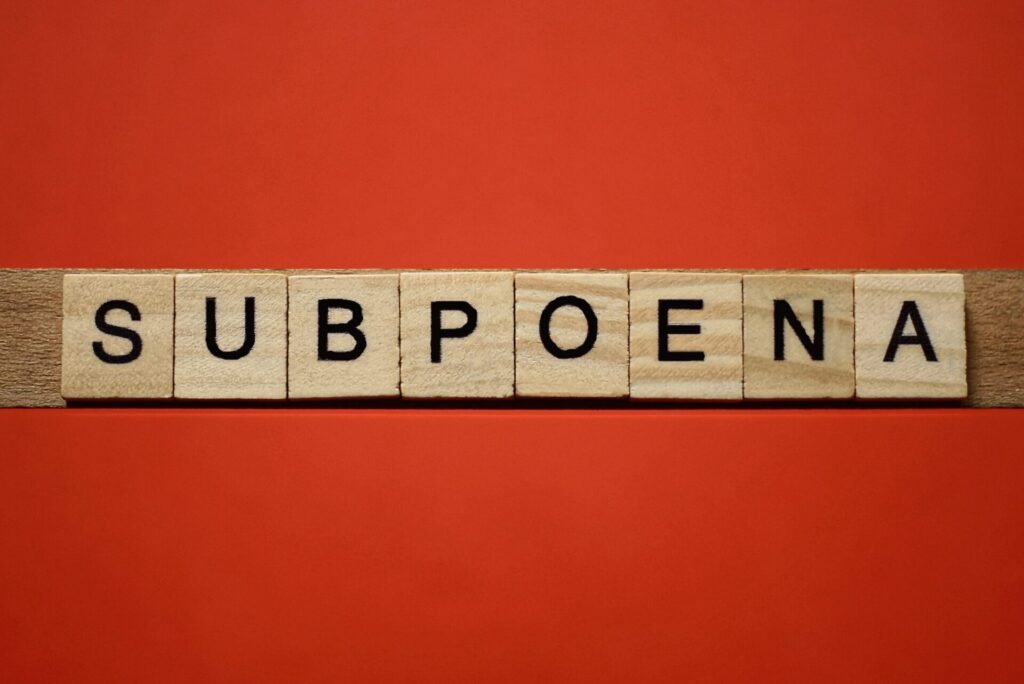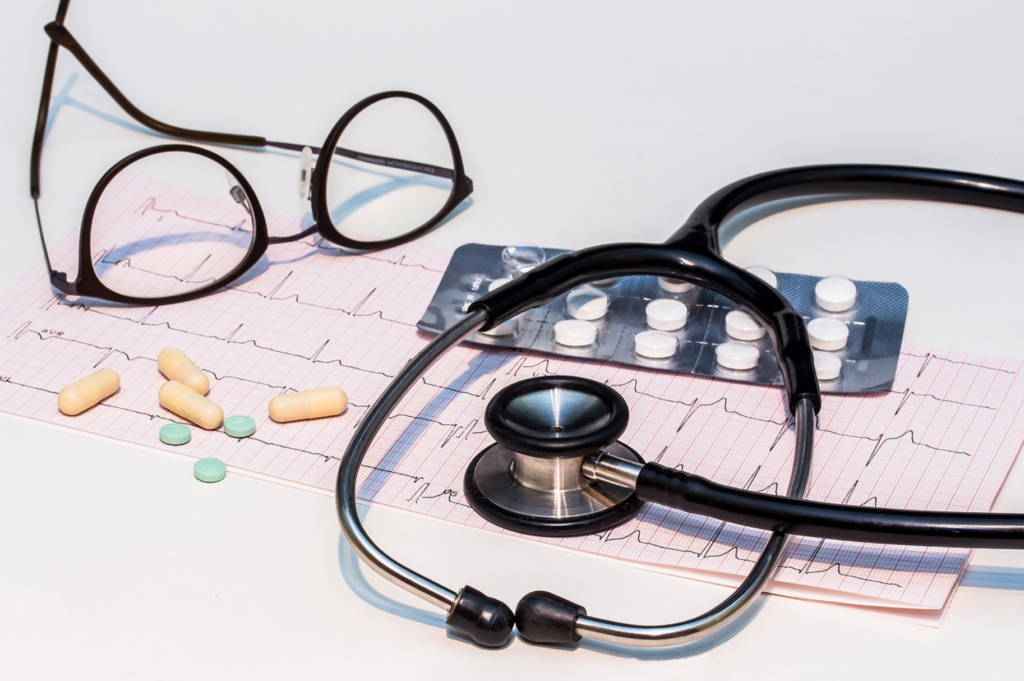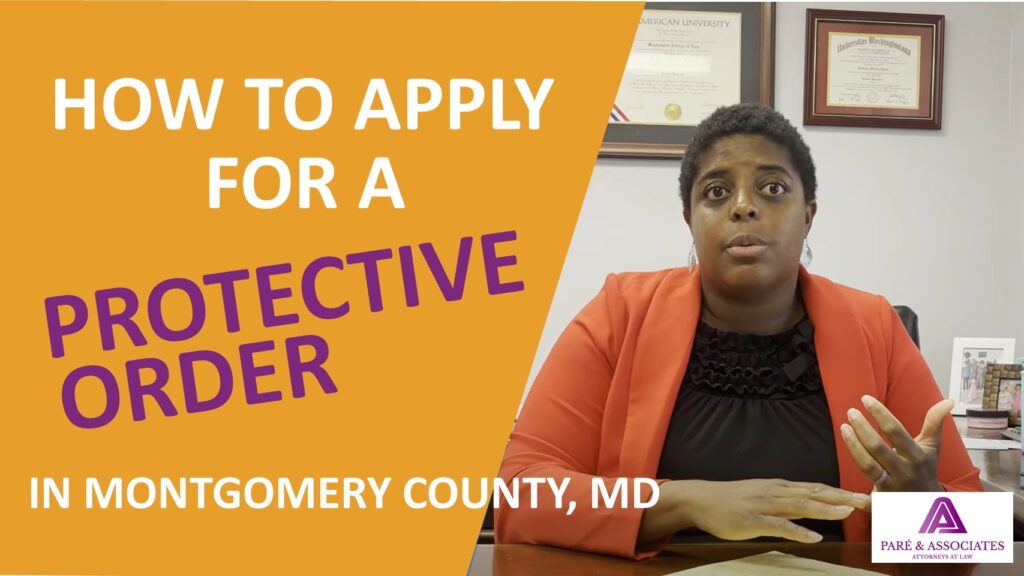How Does Chapter 7 Bankruptcy Work?
In a Chapter 7 bankruptcy, a trustee oversees the process. The trustee will sell your non-exempt assets, which can include items like a second home, a second car, or valuable collections, and use the proceeds to pay your creditors. However, Maryland law provides exemptions that can protect certain assets, such as your primary residence, a certain amount of equity in your car, and personal items like clothing and household goods. You must pass a “means test,” which compares your income to the median income in Maryland. If your income is too high, you will not likely be eligible for Chapter 7 and would need to consider Chapter 13 instead.
How Does Chapter 13 Bankruptcy Work?
Chapter 13 bankruptcy has more complexity. Instead of selling your assets, you’ll create a repayment plan to pay back your debts over a three to five-year period. The amount you’ll need to repay depends on your income, the amount of your debts, and the value of your non-exempt assets. One of the main positives of Chapter 13 bankruptcy is that it can halt foreclosure proceedings and let you to catch up on missed mortgage payments over time. It can also help you restructure other types of debt, like car loans, to make them more manageable.
Which Type of Bankruptcy Is Right for Me?
The type of bankruptcy that’s right for you depends on your specific circumstances. If you have a steady income and want to keep your assets, Chapter 13 may be more suitable. However, every situation is unique. If you’re considering bankruptcy, an experienced attorney can help protect your rights and ensure you make the best decision for your financial future.
What Happens to My Debts in Chapter 7 and Chapter 13 Bankruptcy?
While bankruptcy can eliminate many types of debt, it can’t eliminate all debt. Certain types of debt, known as nondischargeable debt, can’t be eliminated in bankruptcy. These include most student loans, child support and alimony, certain tax debts, debts for personal injury caused by drunk driving, and debts for criminal fines and restitution. Chapter 13 bankruptcy doesn’t automatically discharge your debts. Instead, you’ll pay off a portion or all of your debts through your repayment plan. Once you’ve completed your plan, the remaining unsecured debts are usually discharged. However, like Chapter 7, some debts, such as student loans and child support, are generally not dischargeable.
Can I Keep My Home and Car in Chapter 7 and Chapter 13 Bankruptcy?
In Chapter 7 bankruptcy, whether you can keep your home or car depends on your equity in the property and whether it’s covered by an exemption. If the property is not exempt, the trustee may sell it to repay your creditors. However, if your equity is covered by an exemption, you may be able to keep it. In Chapter 13 bankruptcy, you can generally keep your property as long as you can continue making your regular payments and your arrears are covered in your repayment plan. This is one of the reasons why Chapter 13 is often a good choice for people who are behind on their mortgage or car loan payments and want to keep their property.
Can Bankruptcy Help with Medical Bills?
If you’re struggling with medical debt, both Chapter 7 and Chapter 13 bankruptcy can help. In Chapter 7 bankruptcy, medical bills are considered unsecured debt and can be discharged. In Chapter 13 bankruptcy, medical bills are included in your repayment plan and any remaining balance can be discharged at the end of your plan. However, it’s important to note that while bankruptcy can eliminate medical debt, it doesn’t address the underlying issue of healthcare costs. If you don’t have health insurance or have high out-of-pocket costs, you could find yourself facing medical debt again in the future. If you’re struggling with medical debt or any other type of debt, consult an attorney to understand your options and the process.
Can Bankruptcy Help with Tax Debt?
Whether bankruptcy can help with tax debt depends on the type of tax debt and the type of bankruptcy. In a Chapter 7 bankruptcy, you can discharge certain types of tax debt, including income tax debt that is more than three years old, provided you filed a tax return for the debt at least two years before filing for bankruptcy and the tax debt was assessed at least 240 days before you filed. In a Chapter 13 bankruptcy, tax debt is treated as either priority debt, which must be paid in full through your repayment plan, or nonpriority debt, which can be discharged at the end of your plan. However, most tax debt is considered priority debt. It’s important to note that while bankruptcy can help with certain types of tax debt, it can’t eliminate all tax debt.
What Are the Long-Term Implications of Filing for Bankruptcy?
A bankruptcy filing can make it more difficult to get credit, buy a home, or even get a job. While bankruptcy can provide relief, it’s not a magic bullet. You’ll need to make some serious financial changes to avoid ending up in the same situation down the road.
What Are the Consequences of Not Filing for Bankruptcy?
If you don’t take action to address your debt, your creditors can take legal action against you. This can result in garnishment, or a lien on your property, which can lead to bank repossession. In addition, the stress of dealing with overwhelming. Filing for bankruptcy can provide a way out of this stressful situation and give you a fresh start.
If you’re struggling with debt, call Paré & Associates today at 301-962-2492 for a free case evaluation!





